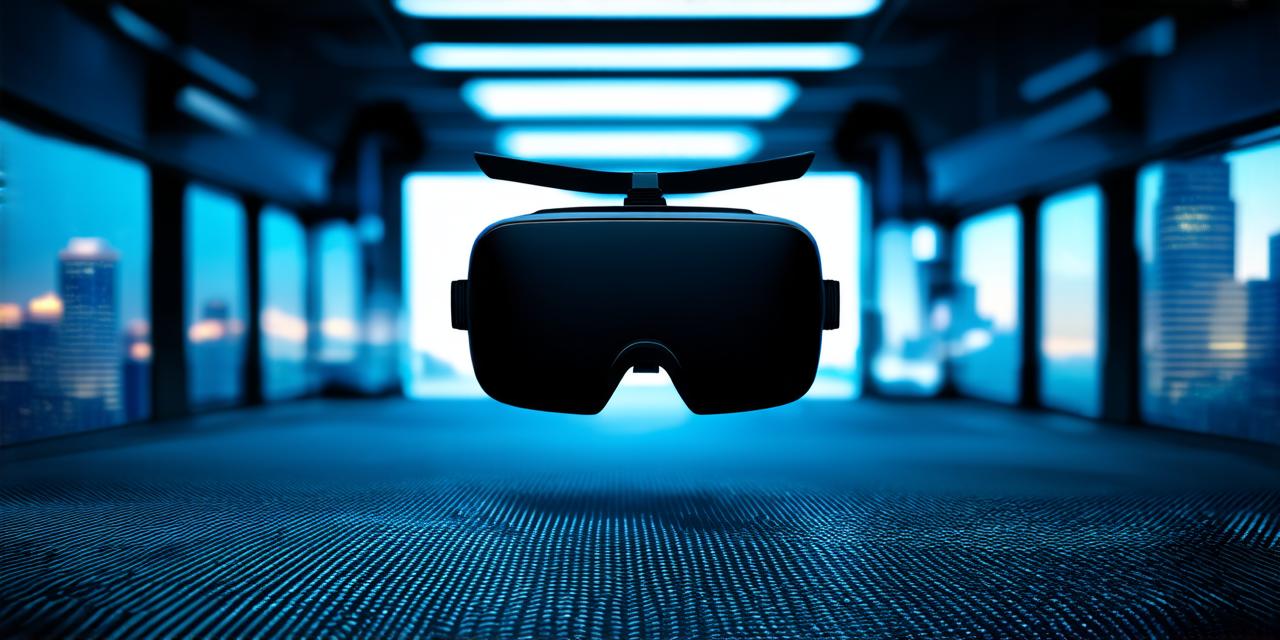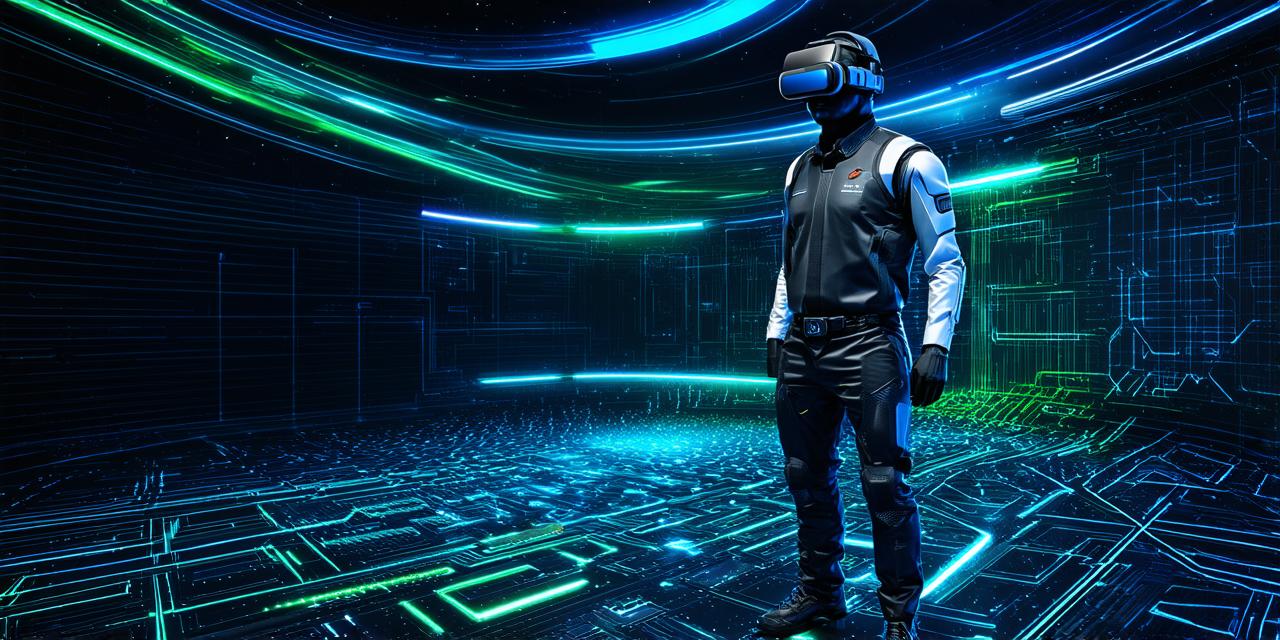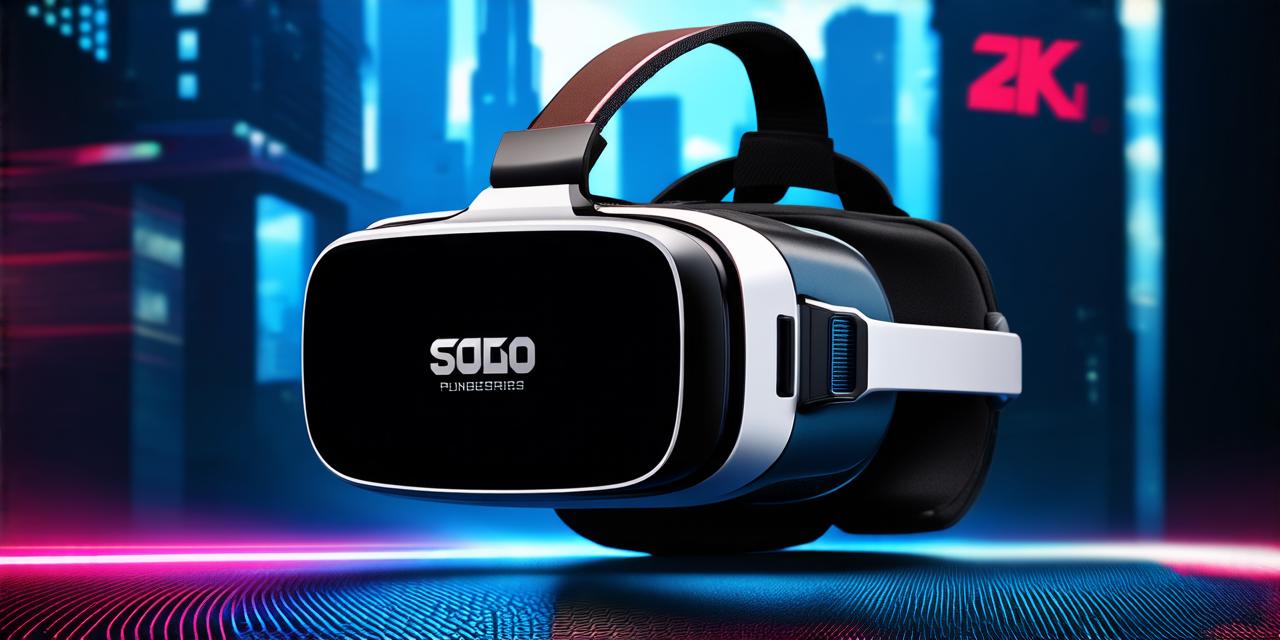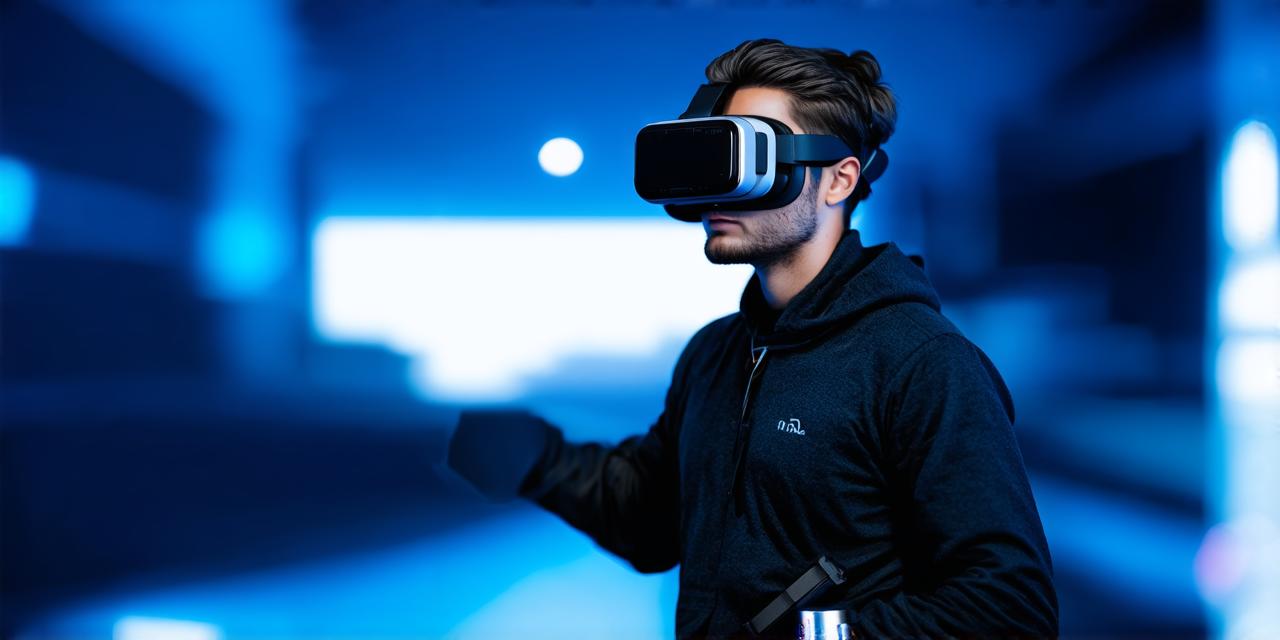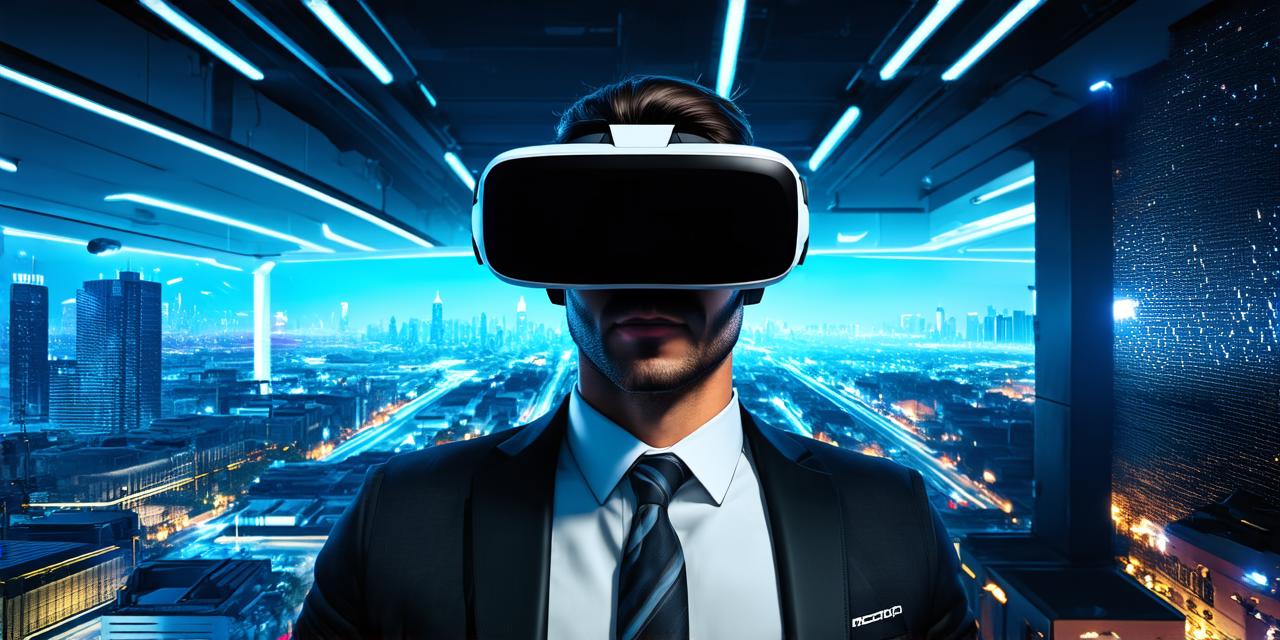Virtual reality (VR) technology is rapidly gaining traction in a variety of industries as businesses look for new and innovative ways to engage with their customers. In this article, we’ll explore some of the companies that are currently using virtual reality to enhance their products and services.
Retail Industry
One of the early adopters of VR technology is the retail industry. Companies like IKEA have been using VR to allow customers to visualize furniture in their homes before making a purchase. This has led to increased sales and reduced returns, as customers are more confident in their purchases when they can see how the product will look in their space.
Another company that uses VR in retail is H&M, which has created virtual dressing rooms where customers can try on clothes and see how they look in different lighting conditions.
Gaming Industry
The gaming industry is another sector that has embraced virtual reality technology. With the rise of gaming consoles like Oculus Rift and HTC Vive, gamers can now immerse themselves in a fully 3D environment and interact with game elements in ways that were previously impossible.
Companies like Epic Games, creators of Fortnite, have also started using VR technology to create unique gaming experiences for their users.
Healthcare Industry
The healthcare industry is also beginning to explore the use of virtual reality technology. For example, VR can be used to simulate surgical procedures and allow doctors to practice in a safe environment before performing the procedure on a patient.
Additionally, VR can be used for pain management by creating immersive experiences that distract patients from their pain and help them relax.
Education Industry
Virtual reality technology is also being utilized in the education industry to enhance the learning experience. For example, VR can be used to create virtual field trips that allow students to explore historical sites or scientific phenomena in a way that was previously impossible.
This can help students gain a better understanding of complex concepts and make learning more engaging
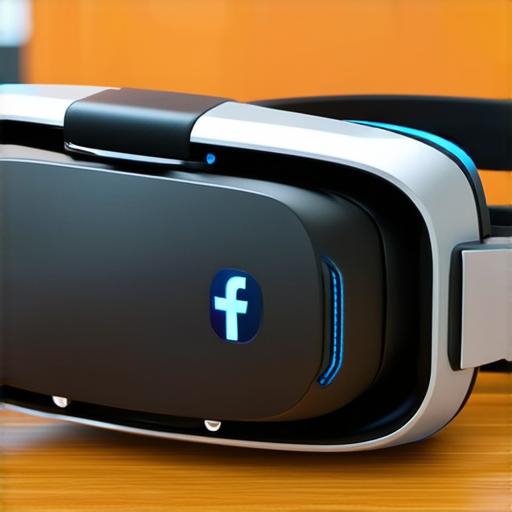
Tourism Industry
The tourism industry is another sector that is using virtual reality technology to enhance the travel experience. Companies like Google have created virtual tours of popular tourist destinations, allowing people to explore these places from the comfort of their own homes.
This can help reduce the cost and environmental impact of travel while still allowing people to experience new cultures and landscapes
Manufacturing Industry
The manufacturing industry is also beginning to explore the use of virtual reality technology. For example, VR can be used for product design and prototyping, allowing designers to visualize their creations in a 3D environment before they are built.
Additionally, VR can be used for training employees in complex manufacturing processes, allowing them to practice in a safe environment without the risk of injury
Real Estate Industry
The real estate industry is also using virtual reality technology to enhance the buying and selling process. For example, VR can be used to create virtual tours of properties, allowing potential buyers to see the property as if they were there in person.
Additionally, VR can be used for interior design, allowing clients to visualize different layouts and furniture arrangements in a 3D environment before making a purchase
Automotive Industry
The automotive industry is also using virtual reality technology to enhance the car buying experience. For example, VR can be used to create virtual showrooms where customers can explore different car models and customizations in a 3D environment.
